Quality Used Engines For Sale From Salvage Yards In USA
Save Time
Stop wasting phone calls! Make one enquiry & contact a large network of junk yards.
Compare Prices
Junk yards contact you with their prices and availability.
Buy Engines Direct
Zero middle man costs! Purchase directly from salvage yards.
Get Prices For Used Diesel or Gas Engines Quickly!
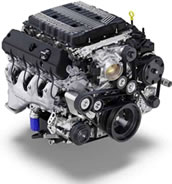 We make it easy for you to find used diesel engines for sale (and gas engines!) from salvage yards and auto wreckers in USA. Complete the form and let the relevant suppliers contact you with price. See our engine buying guide below.
We make it easy for you to find used diesel engines for sale (and gas engines!) from salvage yards and auto wreckers in USA. Complete the form and let the relevant suppliers contact you with price. See our engine buying guide below.
SAVE TIME! Contact Our Network Of Salvage Yards
Find Engines By Brand
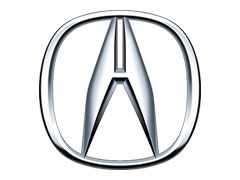
Acura Engines

Alfa Engines
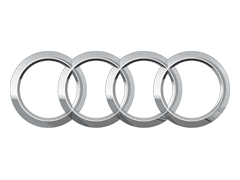
Audi Engines

Bentley Engines

BMW Engines
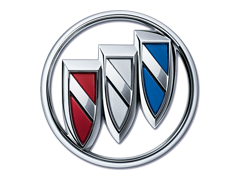
Buick Engines
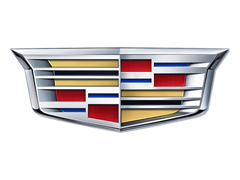
Cadillac Engines

Chevrolet Engines
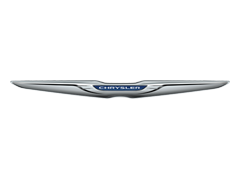
Chrysler Engines

Dodge Engines

Ferrari Engines

Fiat Engines

Fisker Engines

Ford Engines

GMC Engines

Honda Engines

Hummer Engines

Hyundai Engines

Infiniti Engines

ISUZU Engines
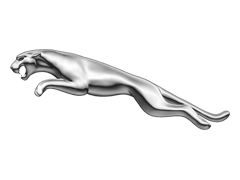
Jaguar Engines

Jeep Engines

KIA Engines

Lambo Engines

Rover Engines
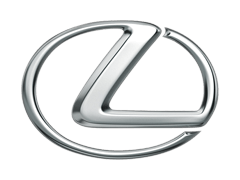
Lexus Engines

Lincoln Engines

Lotus Engines

Maserati Engines

Mazda Engines

Benz Engines

Mercury Engines

MINI Engines

Mitsubishi Engines

Nissan Engines

Pontiac Engines

Porsche Engines

RAM Engines

Rolls Engines

SAAB Engines

Saturn Engines
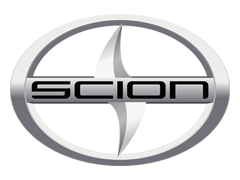
Scion Engines

SMART Engines

Subaru Engines

Suzuki Engines
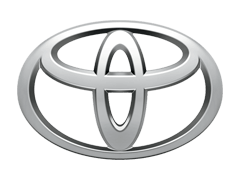
Toyota Engines

VW Engines

Volvo Engines
Latest Blog Posts
Engine Installation Services: Your Comprehensive Guide
Introduction to Engine Installation Services As a car enthusiast, I know that engine installation is a crucial process that requires expertise, precision, and attention to detail. Whether you're replacing an old engine, upgrading to a high-performance option, or...
Exploring the World of Vintage and Classic Car Engines
Introduction to Vintage and Classic Car Engines For many automotive enthusiasts, the heart and soul of a classic car lies within its engine. The rumble of a powerful V8, the smooth purr of an inline-six, or the distinctive sound of a vintage flat-four - these are the...
Engine Parts and Accessories: Your Comprehensive Guide
Introduction to Engine Parts and Accessories As a car enthusiast, I know that understanding the various engine parts and accessories is crucial for maintaining and upgrading your vehicle's performance. Whether you're looking to replace worn-out components, enhance...
Recent Engine Enquiries
Date | Vehicle Model | Year | Engine | Customer City | Comments |
|---|---|---|---|---|---|
2024-04-29 06:28:15 +00:00 | C 350 sport | 2009 | 6 cilinder | Ventnor | Engine |
2024-04-29 05:14:32 +00:00 | Beetle | 700 | 2L | Johannesburg | I want to be able to get my engine number |
2024-04-26 09:04:33 +00:00 | Huracan Evo | 2021 | V10 | Franklin Township | Full engine |
2024-04-18 14:37:32 +00:00 | Bentley flying spur 1st edition | 2020 | W12 | Redondo Beach | Complete engine |
2024-04-13 20:34:41 +00:00 | Express 2600 | 2008 | 6.0 | New orleand | Engine |
2024-04-12 14:19:43 +00:00 | envoy | 2003 | 4.2l | Hillsborough | Engine |
2024-04-10 06:29:50 +00:00 | Accord | 2009 | 2.4 | Alexandria | Engine assembly |
2024-03-28 01:13:09 +00:00 | Range arover | 2014 | 5.0 | Jackson | Complete used engine - less than 50,000 miles |
2024-03-19 18:40:44 +00:00 | Ram Van | 1997 | 3.9 L | Jackson | whole engine (working) |
2024-03-18 15:34:56 +00:00 | Super beetle | 1979 | 1835 | Mohave Valley | Whole engine |
2024-03-17 14:02:45 +00:00 | Enclave | 2013 | 2.5 | Carrollton | Complete engine |
2024-03-04 18:21:44 +00:00 | ACADIA | 2010 | 3.6 | Midland | COMPLETE ENGINE ASSEMBLY |
2024-03-04 00:56:50 +00:00 | Forester | 2009 | 2.5l | Blaine | engine |
2024-03-03 21:53:56 +00:00 | s65 | 2012 | 6.0 | Los Angeles | Get a Complete Engine and Wiring Harness |
2024-03-02 13:24:27 +00:00 | Bronco | 1978 | 351w | Baltimore | Looking for a small block 8 cylinder that will bolt to the original NP435 manual 4 speed transmission. Prefer 302 or 351 with less than 100,000 miles complete engine. Can be any year engine. Prefer carb but can be EFI. |
Let Us Help You Find Used Engines & Transmissions
Are you fed up with having to pay high prices for auto parts, used engines and transmissions? Are you tired of have to visit so many different wrecking yards or engine suppliers only to turn up empty handed?
If you wish to purchase good used engines and transmissions that are designed for all car and truck models, Usedenginefinder.com will assist you to track down used car engines. With our help, you will find cheap, but quality used car engines for any make or model of vehicle. Usedenginefinder.com allows you you to get in contact with a large network of auto wreckers and engine suppliers in the United States of America, and this makes finding the correct engine or auto parts for your automobile straightforward.
When you give us a call or submit your details on our contact form, it will instantly contact our scrap yard network and engine suppliers. All that’s left is to choose the best quote and deal directly with the supplier. We save you time and money! We not only help you find complete engines but auto parts too!


